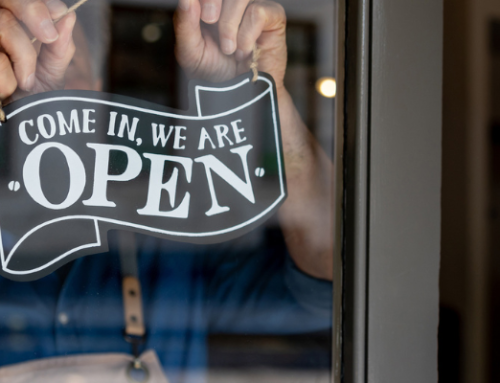By Neena Shukla, CPA, CFE, CGMA, FCPA, CTP
Navigating the labyrinth of government certifications can be daunting. The Small Business Administration’s (SBA) 8(a) Certification stands out as a beacon for small, disadvantaged businesses aiming to grow their footprint in federal contracting. In this guide, we break down the path to obtaining SBA 8(a) certification, the eligibility criteria you need to meet, and weigh the pros and cons to help you determine if it’s the right decision for your business.
Eligibility Requirements
Before you embark on the application process, ensure your business meets these core criteria:
Business Size Criteria
- Your business must qualify as a small business based on SBA size standards.
Social and Economic Disadvantage Criteria
- Majority ownership must be by U.S. citizens who are economically and socially disadvantaged.
Ownership and Control Requirements
- Management and daily operations must be controlled by the disadvantaged individual(s).
Application Process
Follow these steps to apply for the SBA 8(a) Certification:
- Prepare Your Business: Ensure all corporate documents, financials, and taxes are up to date and adhere to SBA 8(a) standards.
- Obtain a DUNS Number: Register and obtain a DUNS number for your business, a prerequisite for the SBA application.
- Register with SAM: Complete your business profile in the System for Award Management (SAM) database.
- Complete the Application: Access the certify.sba.gov website to start your 8(a) application.
- Gather Necessary Documents: Collect all necessary documentation, including financial statements, tax returns, and legal documents.
- Submit Your Application: Review your application for accuracy and submit it via the SBA’s online platform.
After submission, you may be requested to provide additional information or clarification. The SBA’s processing time can vary, so plan accordingly.
Benefits of 8(a) Certification
Pros
- Exclusive Federal Contracting Opportunities: With less competition, gain access to government procurement processes reserved for 8(a) certified businesses.
- Sole-source Contracts: Leverage opportunities for sole-source contracts without the competitive bidding process.
- Mentorship and Training Programs: Receive assistance through SBA’s network for business development.
- Enhanced Visibility: Stand out when federal agencies seek to procure from socially and economically disadvantaged businesses.
Drawbacks of 8(a) Certification
Cons
- Nine-Year Participation Limit: Once your time in the program lapses, the business will no longer reap certain benefits.
- Intense Niche Competition: Inside the 8(a) arena, competition remains fierce among certified members.
- Compliance and Auditing: The certification comes with a set of compliance obligations and the potential for auditing can be intimidating.
- Government Dependency: There’s a risk of becoming too reliant on government contracts, which may impact the business post-graduation from the program.
Conclusion
The SBA 8(a) certification can be a powerful accelerator for government contractors. By carefully weighing the advantages against the drawbacks, your business can make an informed decision about engaging in this program. Remember, the 8(a) certification is a tool in your belt—one that offers both support and challenges. Utilize it wisely, and it could be a springboard for sustainable, long-term success.





